Jennifer Ramp Neale, Ph.D., Director of Research and Conservation, Denver Botanic Gardens
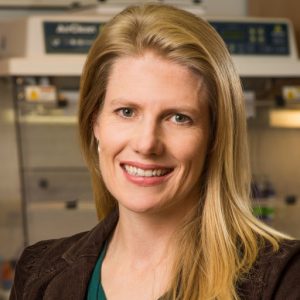
In honor of her commitment to the conservation of the flora of the United States, it is our pleasure to award Jennifer Ramp Neale the 2020 CPC Star Award. The CPC Star Award honors those who demonstrate the concern, cooperation, and personal investment needed to conserve our imperiled native plants. Her clear communication, science-based recommendations, and collaborations with a broad array of partners have contributed to knowledge of and protection for imperiled native plants in Colorado. Her efforts have been a shining model for the CPC Network. Congratulations, Jenny!
Congratulations on being awarded the CPC Star Award! Is there anything you want to say in response to receiving this reward?
I am honored to be selected as the 2020 Star Award recipient. I am truly surprised and humbled to receive the award. Being selected for my collaboration and communication is really an honor. I am a natural collaborator, and I enjoy working with others and the sense of accomplishment when tackling big projects together. In Denver, we have worked hard to enhance our scientific communication and bring the work we do to a broad audience.
When did you first fall in love with plants?
Growing up in Colorado, I have always spent a lot of time in nature. Our family vacations were always outdoors, camping and skiing. In high school, I worked at a cut-flower farm and loved learning the Latin names of all the plants we grew. When I entered college, I took all the plant classes that were offered and knew that I wanted to work with plants for my career.
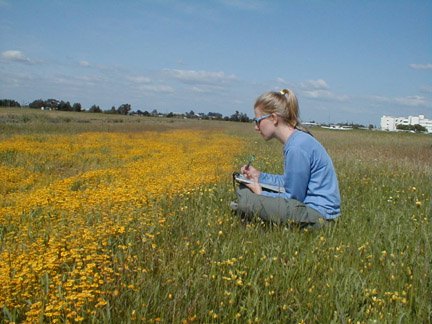
What was your career path to Director of Research & Conservation?
My dissertation research focused on examining genetic diversity and pollination in restored populations of the endangered Contra Costa goldfields (Lasthenia conjugens), a CPC National Collection species. I really enjoyed the applied nature of the study. I stayed on at the University of Colorado for a year after finishing my dissertation, furthering my skill set by teaching and working as a conservation genetic consultant. In January 2007, I started as Manager of Conservation programs at Denver Botanic Gardens. I was promoted to Associate Director of Conservation in 2008, then promoted to Director of Research and Conservation in 2010 when my predecessor left the Gardens. As an undergraduate, I had not considered a botanic garden as a place of employment, and I feel so fortunate to have been hired as a Manager here nearly 14 years ago.
What about working with plants has surprised you?
People don’t always realize plants are complicated. Much of my research has examined levels and patterns of genetic diversity in plants. I enjoy hypothesizing the biological meaning behind the data. Are the plants wind-pollinated, pollinated by only a specific species of bee, or are the seeds wind-dispersed? What explains the level of gene flow across the mountain range between populations? Sometimes the story feels straightforward, and other times we do a lot of speculating. Putting the genetic data in an environmental context with all the ecological factors at play makes it even more complex. I am always surprised at how much we can learn about a species and still feel like there is so much more to uncover.
What is one of the biggest challenges to conducting your plant conservation work?
One of the biggest challenges we face in conducting our work is getting more people to care about it. While I feel that we have made great strides in placing science in front of the Denver Botanic Gardens’ audience, we still need to reach more people. Globally, we are losing biodiversity at an alarming rate. As climate change races forward, we need more people to care about the environment and the beauty of the world around them. Too many people wonder why we study plants and the value of biodiversity. Just getting people to understand that there are rare plants in Colorado is a little win, but there is so much more to do.
Please tell me more about one of your current projects at Denver Botanic Gardens.
As the Director of Research and Conservation, I have my hand in many projects, and I am excited about much of what we are doing. I work with an amazing team of scientists and students, and the integration of natural history collections with ecological data is ground-breaking. We work collaboratively to blend our expertise within projects in order to provide land managers with a comprehensive assessment of their lands and the biodiversity they hold. We have been improving data standards across our projects to allow for easier integration across multiple projects, expanding the versatility of those data. We’ve been thinking big data and the big picture – and it’s exciting!
What emerging science (methods, approaches, discoveries) excites you most?
The ability to ask really complicated genetic questions has expanded so much over just the last few years. The methods available to students now were not around when I was a student, and it is both exciting and daunting to try to keep up as technology advances. But I find the availability of open data to be most exciting. Having access to large data sets will allow researchers everywhere to ask more complicated and nuanced questions than we can ask with just our own data sets. We can now model seed harvest impacts across life-history traits with these large datasets in a way that we simply couldn’t before. Our work will become more efficient and have a bigger impact over time as a result of open data.
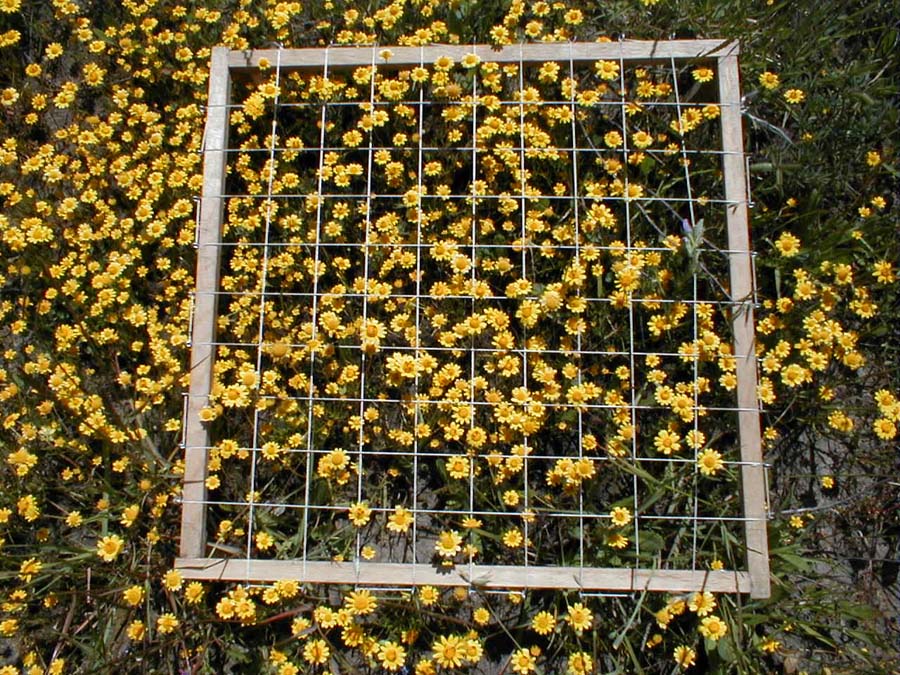
What has it meant to you to be a member of the CPC network?
Having been part of the network for 14 years, I understand deeply the honor that comes with being selected as a Star Award winner. The network provides a community for those of us who occupy the professional space between academia and agency work. I remember feeling intimidated heading in to my first National Meeting, only to realize that many of the attendees were in organizations similar to mine and dealt with the same types of projects and problems. The network provides me with colleagues I can call to talk through permitting, government contracting, seed collection and storage, and anything else I have questions about. The network is more than a collection of like-minded scientists sharing ideas – it really is a family. And I am grateful to be a part of it.
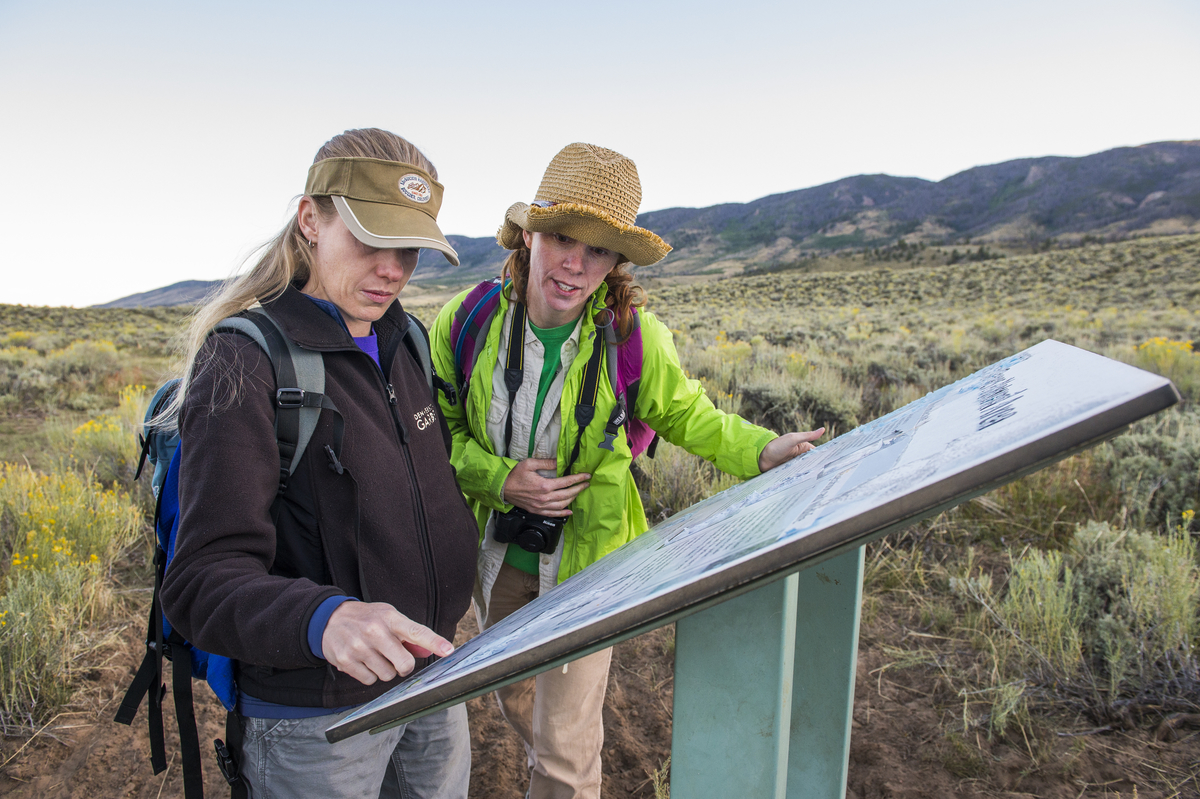
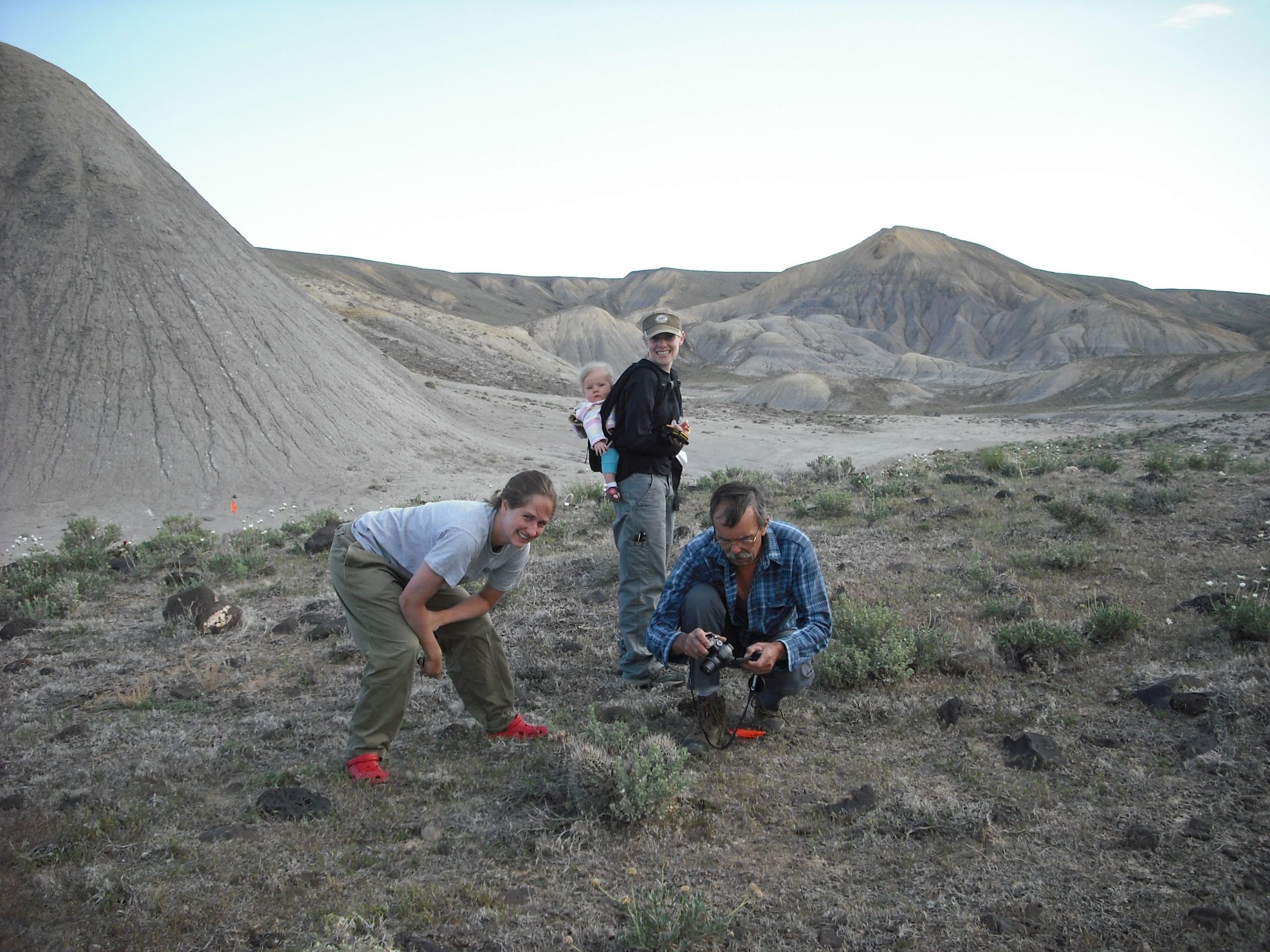
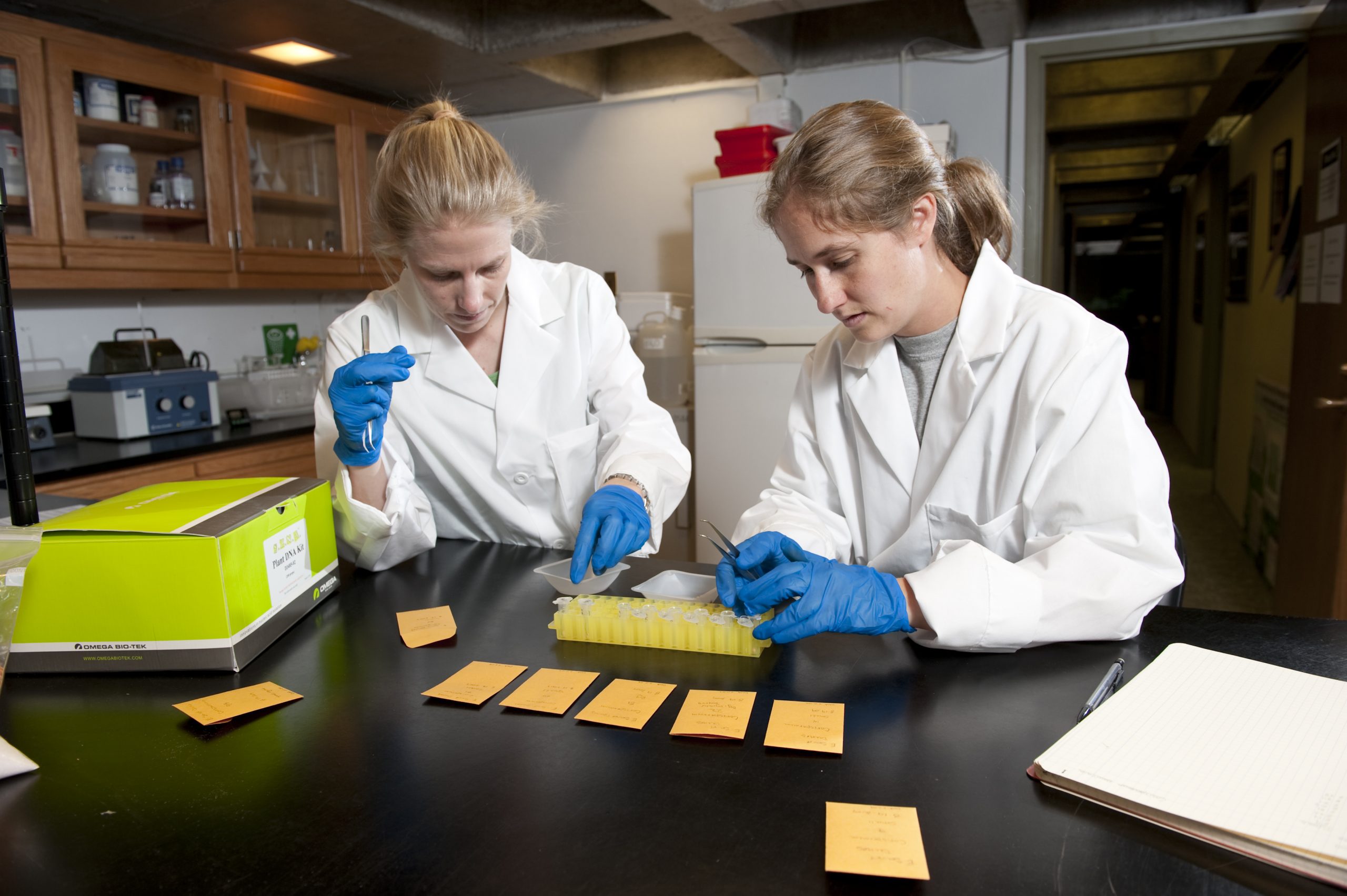
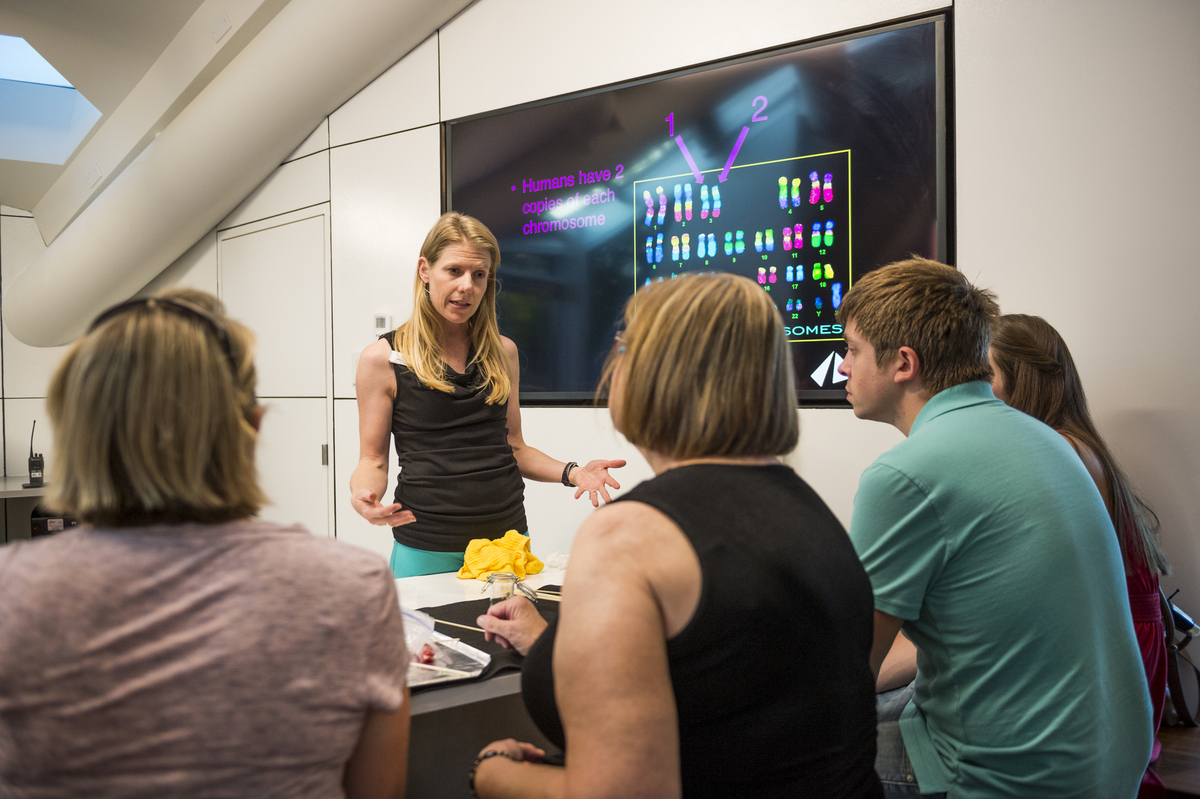
All photos courtesy of Dr. Neale unless otherwise noted.